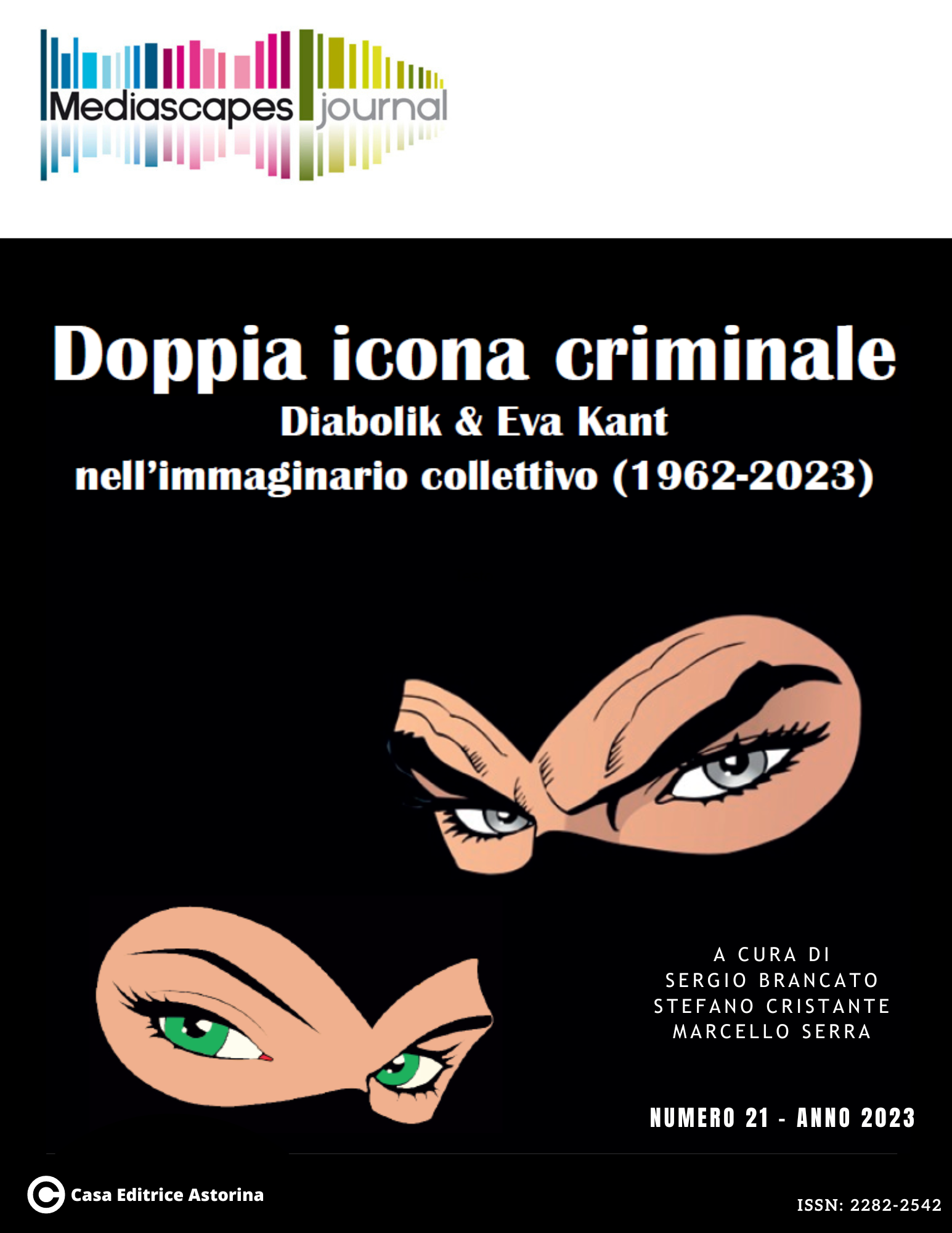A critical exploration of YouTube texts by and about people with disabilities in South Africa
Parole chiave:
South Africa, disability, YouTube, cultural hegemony, organic intellettualsAbstract
The work of intellectuals such as Marx and Gramsci has been extensively employed in the study of social inequalities across contexts and in relation to different dimensions. As one of the most unequal societies in the world, South Africa provides a number of past and recent examples of discrimination, oppression and violence on the basis of race, gender, socio-economic and migrant status, political affiliation etc. Despite their continued marginalisation during and after apartheid and despite accounting for a substantial portion (7.5%) of the population, people with disabilities appear relatively neglected in scholarly and media debates. The booming Internet and mobile penetration, which promised to give a voice to the voiceless, increasingly seems to reproduce and at times exacerbate such marginalisation. By drawing on Gramsci’s notions of hegemony and public intellectuals, in this paper, I explore discursive constructions by and about South Africans with disabilities on YouTube. Videos and comments are purposively selected from three active channels based on their relevance and are quantitatively as well as qualitatively analysed. The first objective of the study is to understand disability in relation to other dimensions of diversity, e.g. race or gender. Given the intersectional nature of disability, this is particularly important in the South African context where online as well as offline experiences are still profoundly shaped by the legacy of past institutional segregation and discrimination. The second objective is to recognise disability as part of a complex and multi-faceted online persona. The digital space enables people to either hide their disability or bring it to the fore, but it remains to be understood to what extent this is an autonomous and conscious choice as opposed to a defensive strategy or an expected form of activism or awareness rising. The third objective is to recognise, as much as can be gauged from YouTube videos and comments, the extent to which people with disabilities are constructed according to established media tropes. Celebrations, compliments and praise in particular can represent covert forms of victim commiseration or hero glorification thus reproducing tragic narratives and setting low expectations.
##submission.downloads##
Pubblicato
Come citare
Fascicolo
Sezione
Licenza

TQuesto lavoro è fornito con la licenza Creative Commons Attribuzione 4.0 Internazionale.
Gli autori che pubblicano su questa rivista accettano le seguenti condizioni:
- Gli autori mantengono i diritti sulla loro opera e cedono alla rivista il diritto di prima pubblicazione dell'opera, contemporaneamente licenziata sotto una Licenza Creative Commons - Attribuzione che permette ad altri di condividere l'opera indicando la paternità intellettuale e la prima pubblicazione su questa rivista.
- Gli autori possono aderire ad altri accordi di licenza non esclusiva per la distribuzione della versione dell'opera pubblicata (es. depositarla in un archivio istituzionale o pubblicarla in una monografia), a patto di indicare che la prima pubblicazione è avvenuta su questa rivista.
- Gli autori possono diffondere la loro opera online (es. in repository istituzionali o nel loro sito web) prima e durante il processo di submission, poiché può portare a scambi produttivi e aumentare le citazioni dell'opera pubblicata (Vedi The Effect of Open Access).


